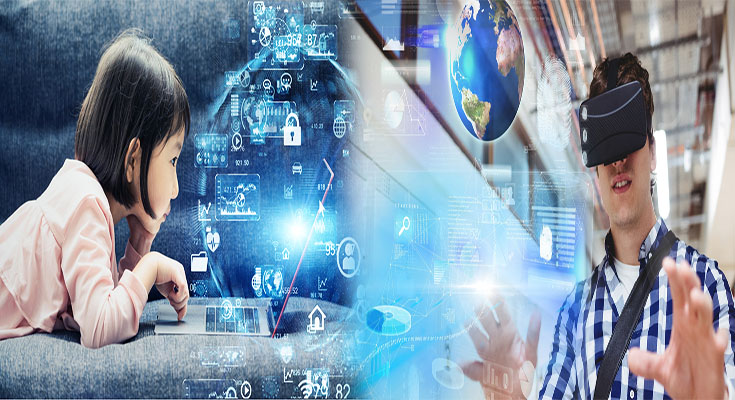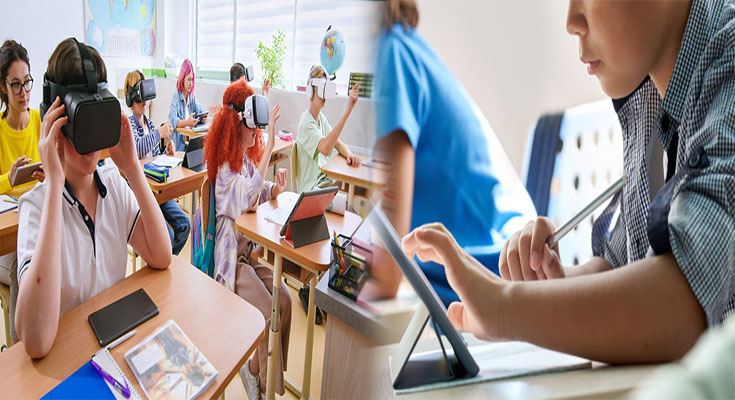
Design Thinking for Educational Technology Solutions
Design thinking is a problem-solving approach that has gained popularity in various fields, including education. This human-centered approach encourages educators and technologists to collaborate and create innovative solutions to address the challenges faced in the education sector. When applied to developing educational technology solutions, design thinking can lead to more effective and impactful tools that enhance the learning experience. In this article, we will explore how design thinking can be applied to develop educational technology solutions.
Understanding the User: Students and Educators
The starting point of design thinking is understanding the needs, goals, and aspirations of the end users. In the case of educational technology, the primary users are students and educators. Empathy is key to gaining a deep understanding of their challenges, desires, and learning preferences. Conducting interviews, observations, and surveys can help gather insights and identify pain points. By putting ourselves in their shoes, we can design technology …
Design Thinking for Educational Technology Solutions Read More




